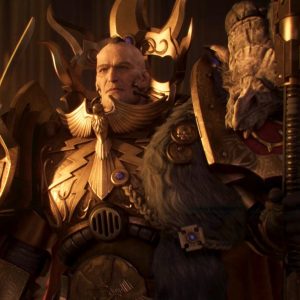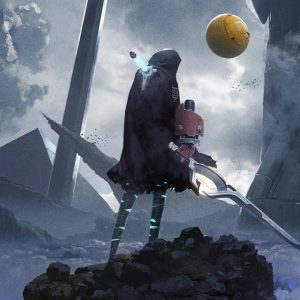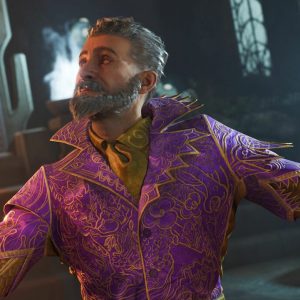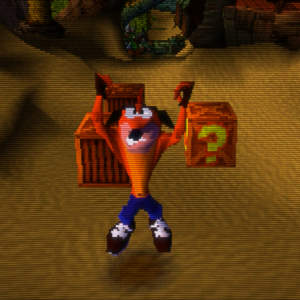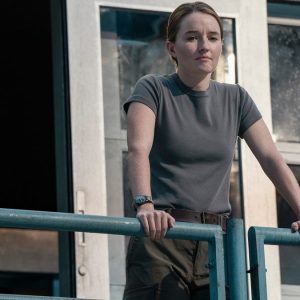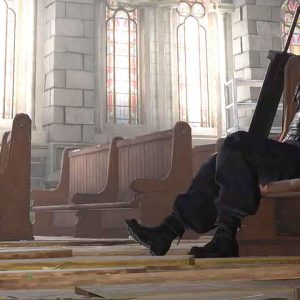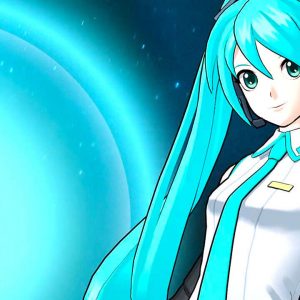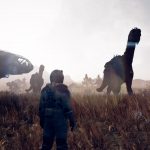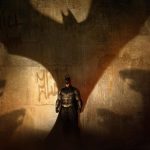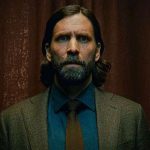Alex Kane talks to Paul Duncan, the author of Taschen’s new 600-page book The Star Wars Archives: 1977–1983 about how much work goes into a huge project like this and what it’s like to spend three days in conversation with George Lucas.
StarWars.com: You’ve done a ton of books for Taschen, which of course are these great volumes for people who love film. So what excited you about getting to do one on Star Wars?
Paul Duncan: I was the first in the queue when Star Wars came out in Nuneaton, in the UK, on January the 29th, in the very first screening. I turned up four hours early. It was cold; it was wet; it was windy. Because I had seen the pictures in America, and I thought, This is gonna be enormous. It’s gonna be bigger than Ben-Hur. It’s gonna be bigger than Gone with the Wind. I’ve got to be there. And of course I was the only one there. So this was the first film I’d actually seen on my own. I waited in the wind and the rain, and I went in, sat down, and bang — I was in. I was hooked. And then I wondered, Well, how on earth did they do that? This is just amazing.
Then when I was 15, in 1980, a friend of mine was really into Doctor Who, and he showed me some Doctor Who fanzines, and we both said, almost at the time: “Why don’t we do our own magazine?” And that’s when I started writing, and starting to do fanzines. And the very first thing I actually wrote was a preview: a collation of all the information I’d got together on The Empire Strikes Back. So it’s sort of like — how many years later is it now? Too long.
StarWars.com: Thirty-eight?
Paul Duncan: Yeah. So, 38 years later, I’m actually doing the sequel to that, in this really big, ginormous book. I’ve been waiting for this moment, even though I didn’t know it. But that really started me off. That interest and enthusiasm and desire for knowledge is what’s brought me to the now. That’s all shaped my life.
StarWars.com: The whole sort of backbone of this book is an interview with George Lucas. What was that like?
Paul Duncan: It’s an oral history. What I’ve done for the past few years, on the Archives books that I’ve been doing — I’ve done Ingmar Bergman, James Bond, Pedro Almodóvar, Charlie Chaplin, and obviously Star Wars — what I’m interested in is the oral history. I’m interested in the people who were actually there, who actually did the work, who know what they’re talking about. And what I’m trying to do is to represent it in the present tense, because most books are written in the past tense. I wanted to present the book in a way that you felt that it was unfolding.
For the people who were making the movies, they had no idea what was gonna happen; there was no guarantee that anything would work, or be successful, or how they envisioned it. So that’s what I want to do — to bring us back to that. We’re looking over the shoulder of George Lucas, and there are no outside opinions; it’s purely historical fact that goes into it. There’s no second-guessing or anything like that.
When I was putting together the book, I had no idea what book I was going to make. And after about a year of research — of going through all the different documents, going through all the different artwork, going through all the different photography, I realized that the one thing I wanted to know was the why. The who, what, where, when you can often find from all these documents, and the artwork, and the photography, et cetera. But I wanted to know the why, and really the only person who could provide me with that was George Lucas.
And that’s really when the focus of the book narrowed down to George. I wanted to know what George’s experience was in making the movies. I wanted to be like a little little bird on his shoulder, a little porg on his shoulder, watching him and listening to him as he’s making the movies. So that was my ideal, and once I’d realized that, it then became a matter of focusing the text and the images and how I present the book in order to show that story.
